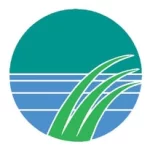Winners | Page 1 | Page 2 | Page 3
Following the announcement of our 2017 photo contest winners, here are some more of our favourite entries.
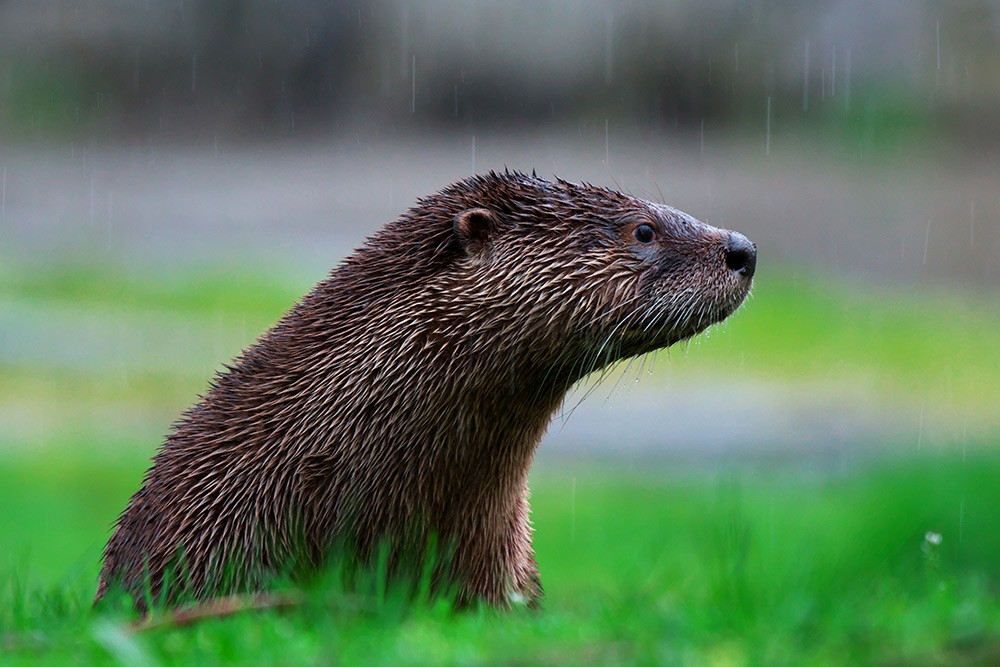
Otter in the Rain (above) and Mountain Bluebird (below) – Adam Wang
Adam photographed this otter during a thunderstorm in Stanley Park, Vancouver BC and the mountain bluebird was photographed foraging on the beach in Boundary Bay Regional Park. “It was a rare sighting in that area,” says Adam. © Adam Wang
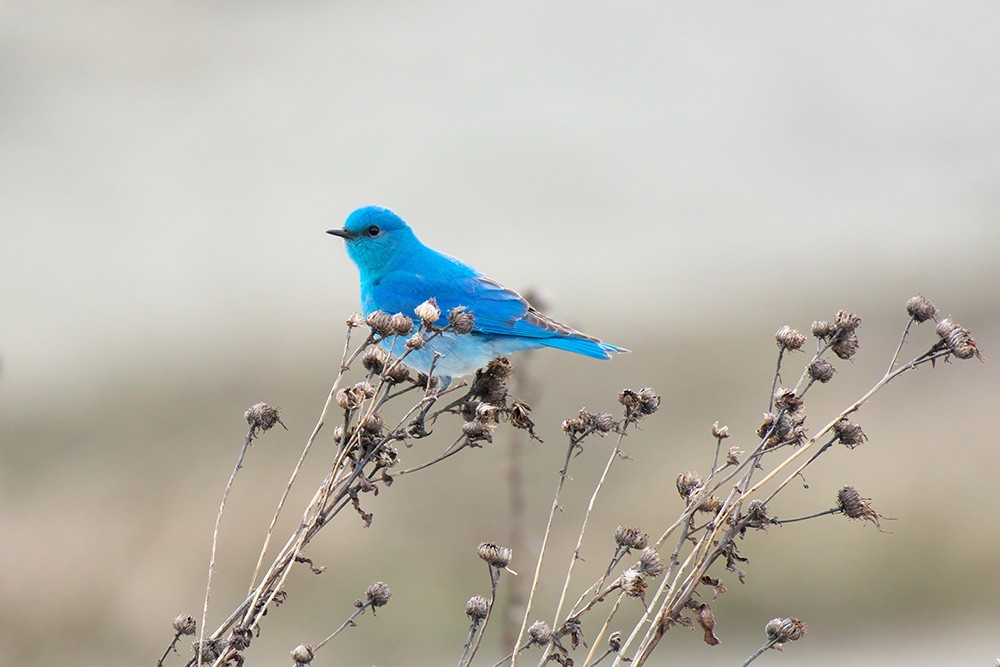
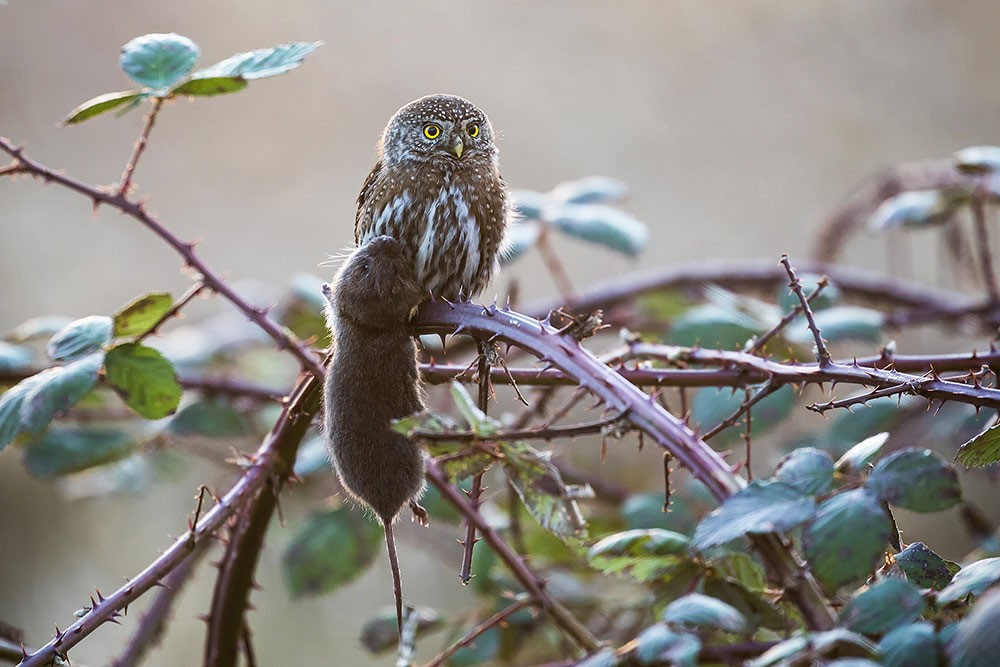
Northern Pygmy Owl and Water Vole – Devon Yu
The photographer of this year’s winning photo also sent us this image of a Northern Pygmy Owl after a successful hunt in Coquitlam, BC. © Devon Yu
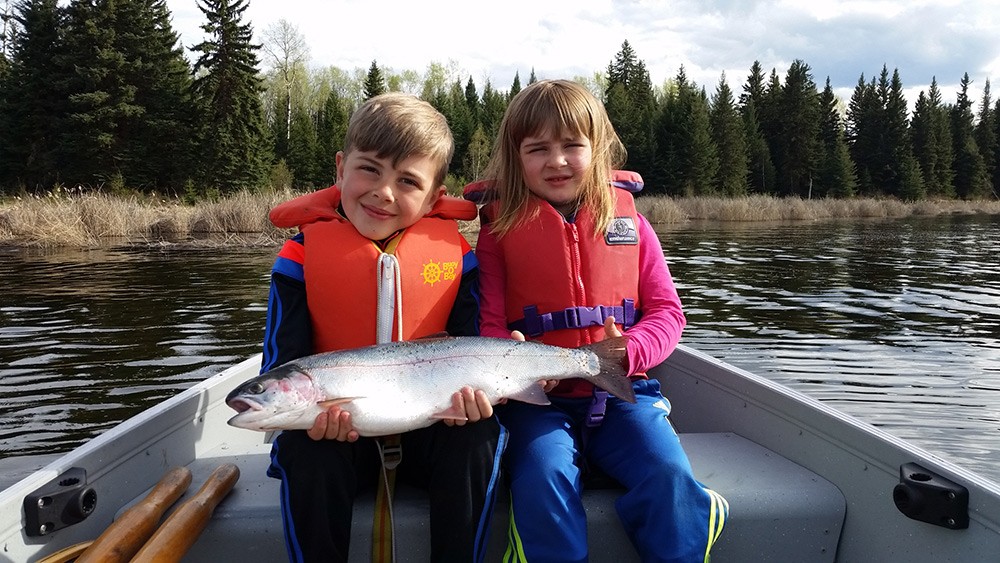 Trout for Two – Ryan Cunningham
Trout for Two – Ryan Cunningham
Ryan sent us this adorable photo of his two children out fishing in the Cariboo. Their facial expressions and hands indicate the siblings have different feelings about the experience! © Ryan Cunningham


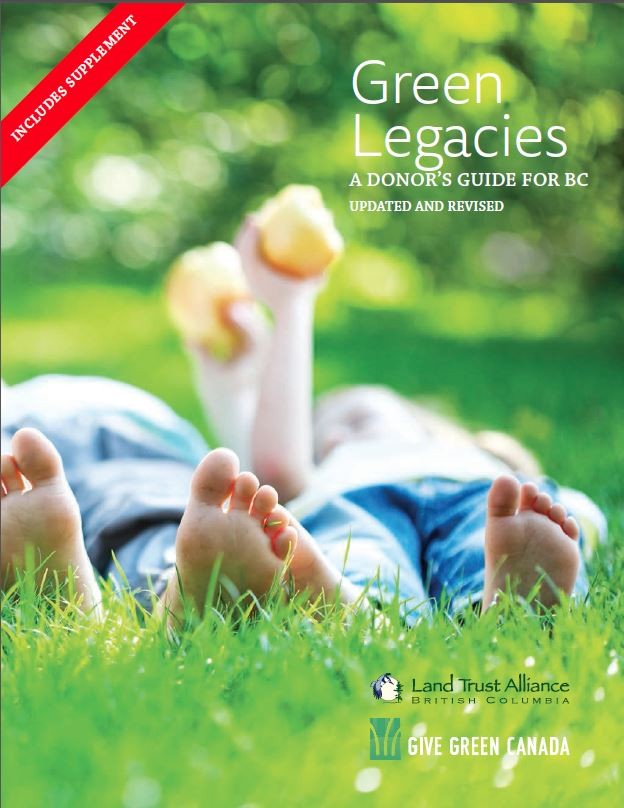
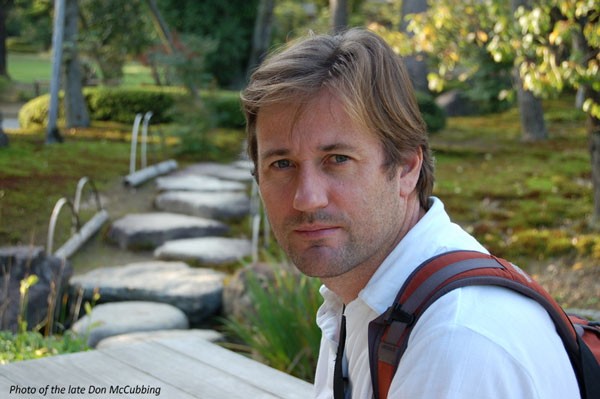 The inaugural winners of the HCTF McCubbing Scholarships were announced today at the BC Institute of Technology (BCIT) in Burnaby, BC.
The inaugural winners of the HCTF McCubbing Scholarships were announced today at the BC Institute of Technology (BCIT) in Burnaby, BC.